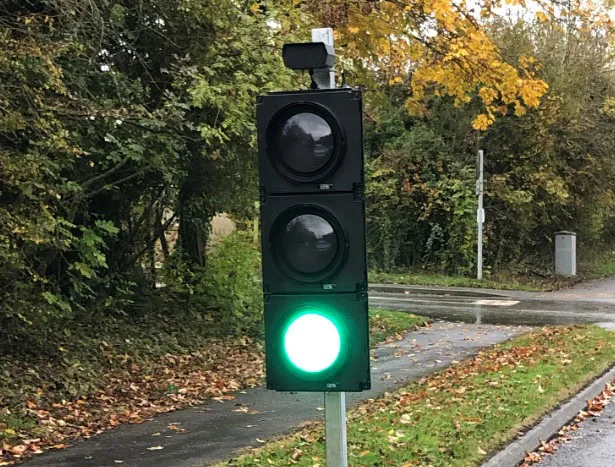Dan Rossiter, SwRI research analyst, says: "The goal is to help transportation officials enhance their ITS capabilities with advanced algorithms that autonomously scan vast amounts of visual data, extracting and reporting actionable data."
SwRI says the tool’s algorithms process camera data to provide real-time information on weather conditions and other anomalies affecting congestion. It can be configured with existing traffic cameras to analyse roadway conditions with no human monitoring required, the company adds.
The solution is expected to integrate with SwRI-developed ActiveITS software used for traffic management as well as similar systems used by state and local agencies.
SwRI launches ActiveVision to help automate traffic monitoring
Southwest Research Institute (SwRI) has released ActiveVision, a machine vision tool that transportation agencies can use to autonomously detect and report changes in traffic conditions.
Dan Rossiter, SwRI research analyst, says: "The goal is to help transportation officials enhance their ITS capabilities with advanced algorithms that autonomously scan vast amounts of visual data, extracting and reporting actionable data."
SwRI says the tool’s algorithms process camera data to provide real-time informatio
June 18, 2019
Read time: 1 min








